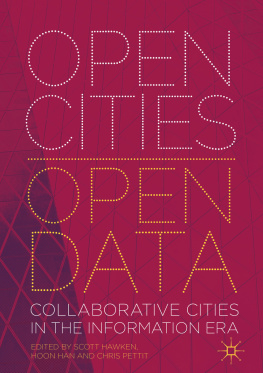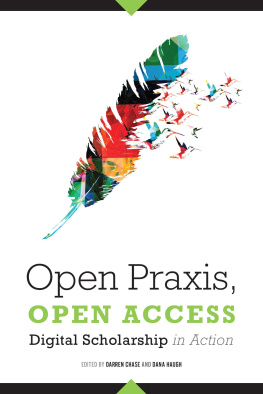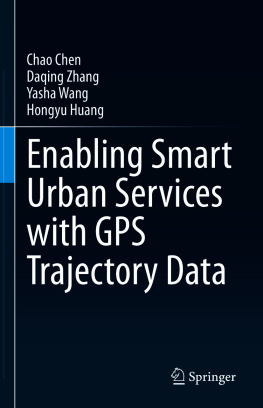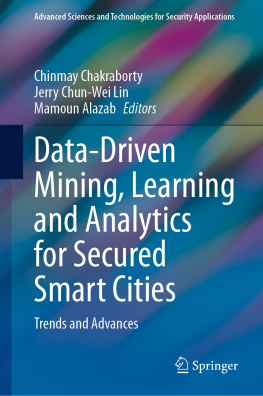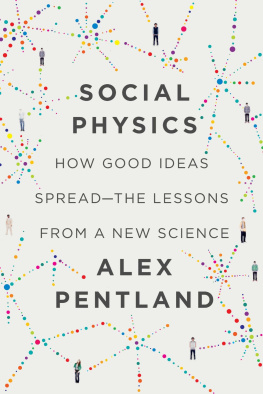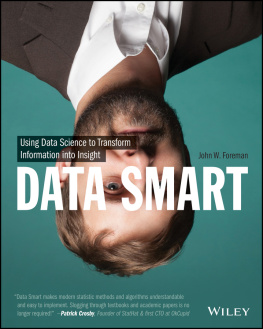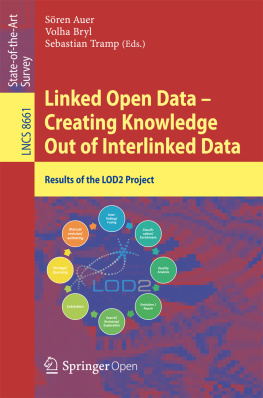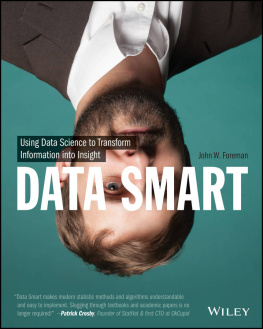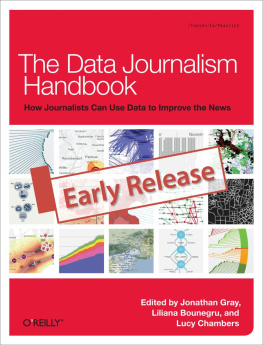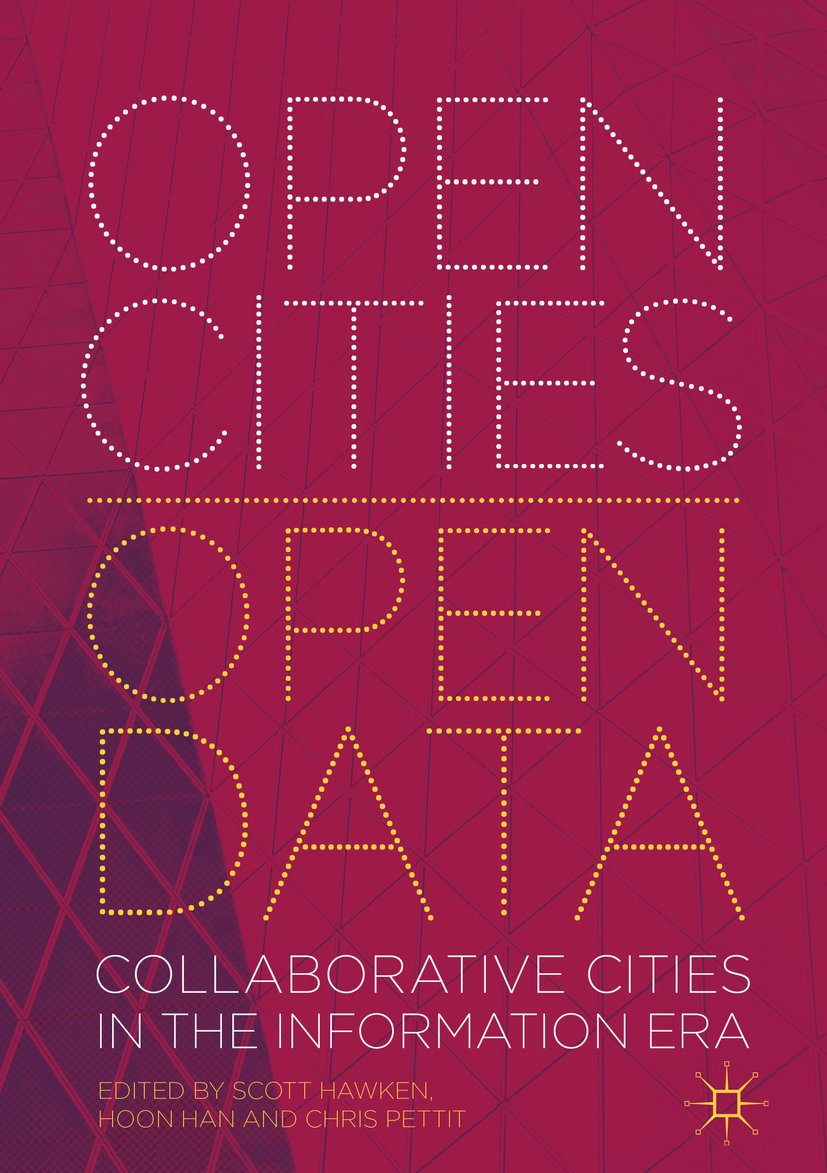Editors
Scott Hawken
Urban Development and Design Faculty of the Built Environment, University of New South Wales, Sydney, NSW, Australia
Hoon Han
City Planning, Faculty of the Built Environment, University of New South Wales, Sydney, NSW, Australia
Christopher Pettit
Urban Science, Faculty of the Built Environment, University of New South Wales, Sydney, NSW, Australia
ISBN 978-981-13-6604-8 e-ISBN 978-981-13-6605-5
https://doi.org/10.1007/978-981-13-6605-5
The Editor(s) (if applicable) and The Author(s) 2020
This work is subject to copyright. All rights are solely and exclusively licensed by the Publisher, whether the whole or part of the material is concerned, specifically the rights of translation, reprinting, reuse of illustrations, recitation, broadcasting, reproduction on microfilms or in any other physical way, and transmission or information storage and retrieval, electronic adaptation, computer software, or by similar or dissimilar methodology now known or hereafter developed.
The use of general descriptive names, registered names, trademarks, service marks, etc. in this publication does not imply, even in the absence of a specific statement, that such names are exempt from the relevant protective laws and regulations and therefore free for general use.
The publisher, the authors and the editors are safe to assume that the advice and information in this book are believed to be true and accurate at the date of publication. Neither the publisher nor the authors or the editors give a warranty, express or implied, with respect to the material contained herein or for any errors or omissions that may have been made. The publisher remains neutral with regard to jurisdictional claims in published maps and institutional affiliations.
Cover image: Anna Klepatckaya
Cover design: Tom Howey
This Palgrave Macmillan imprint is published by the registered company Springer Nature Singapore Pte Ltd.
The registered company address is: 152 Beach Road, #21-01/04 Gateway East, Singapore 189721, Singapore
Foreword
Open CitiesOpen Data addresses, and indeed links, two of the most transformational processes at work in the contemporary world: urbanisation and digitalisation. While the academic, policy and indeed market discussions about Smart Cities have been underway for over a decade, the chapters and research in this collection reflect a more recent, and I think more interesting, re-framing of the discussion around what Goldsmith and Crawford (2014) have termed the data-driven and responsive city. Some commentators have questioned whether or not Smart Cities itself remains a useful term or whether it has become tarnished by rhetorical overkill, under-delivery by city governments, or over-selling by vendors of their technology. Regardless of these questions it is a fact that digital technologies and platforms have created an exciting potential for improved city management and governance and thus urban outcomes. That is to say we can, by leveraging digital and the fast-morphing reality of the Internet of Things with the right policies and values, manage our cities in a smarter and more inclusive manner.
Given the decisive shift towards an urban future for the majority of the worlds population and the strains that the world-historical process is putting on our urban systems and infrastructure, nothing could be more important than to ensure that as our cities get bigger, they get smarter and more responsive to their inhabitants. We have already seen how technologies and platforms such as hand-held smart devices, social media, WiFi and fibre networks, have transformed service design and delivery for consumers. They have also reduced the gap, blurred the distinction even, between consumers and producers of products and services. We have also begun to see the more digitally savvy and progressive public bodies and city governments redesign their business processes and community engagement using such tools, with the best ensuring that their city has access to the necessary digital infrastructure and the skills required to benefit from it.
While we have been through bouts of technological determinism and indeed optimism before, I think it is fair to conclude that the trend in this direction is irreversible and welcome. We are moving towards a more digitally enabled city government. With enhanced fibre networks, the Internet of Things, and the advent of 5G, more data-driven and responsive infrastructure networks and services will augur the first real instrumentalising of the Smart City and the making of active prosumers out of once passive consumers. We will see digitally empowered communities demanding to shape not just government service design and delivery but also the very strategic planning objectives of their council and indeed their city. We will alsothrough the proliferation of data from sensors in infrastructure, the streets we walk on, the buildings we pass by, the energy and water systems we deploy and the transport that we use, know as never before about how our core urban systems are performing; both in relation to expectations and in relation to other cities. In a digital era, big data will be ubiquitous, whether or not it is formally released by governments and councils to inform civil society about the development path of its cities. In prospect, our governments and cities will have the opportunity to be better managed but also more accountable through the translation of Big Data into Open Data. With Open Data the true costs and benefits of urban infrastructuredid those new roads really reduce congestion or just make our cities worse?will be evermore apparent.
This direction of technological development is, I believe, universally applicable and the articles in theOpen Cities Open Data collection provide insights of international relevance. The collection is of particular importance in Australia. This is because despite being one of the more urban societies on the planet and notwithstanding Australias strong performance in the wider region as a centre of tech start-ups and fintech innovation, it would be hard to describe any Australian city as the lead in terms of realising Smart Cities objectives. It is not one of the international city benchmarking exercises in which our cities yet do well. This I suspect, has a lot to do with the governance challenge in Australian cities, as the cities which are doing best in such benchmarkingSingapore, Boston, Londonare smart in a governance sense and not just in technology. Specifically, such cities have effective city governance at the metropolitan level or have responsibility at the council level for significant budgets and services. The City of Boston has the usual range of services you would see in an Australian council plus housing, public transport, police, education and health. Singapore, perhaps the leading global Smart City, is effectively a city-state with aligned government services promoting an effective integration of technology, land use and transport. In both, the city government is either big enough or integrated enough for data-driven approaches and technology tools and platforms to be applied across the government, across the whole city or indeed both.

